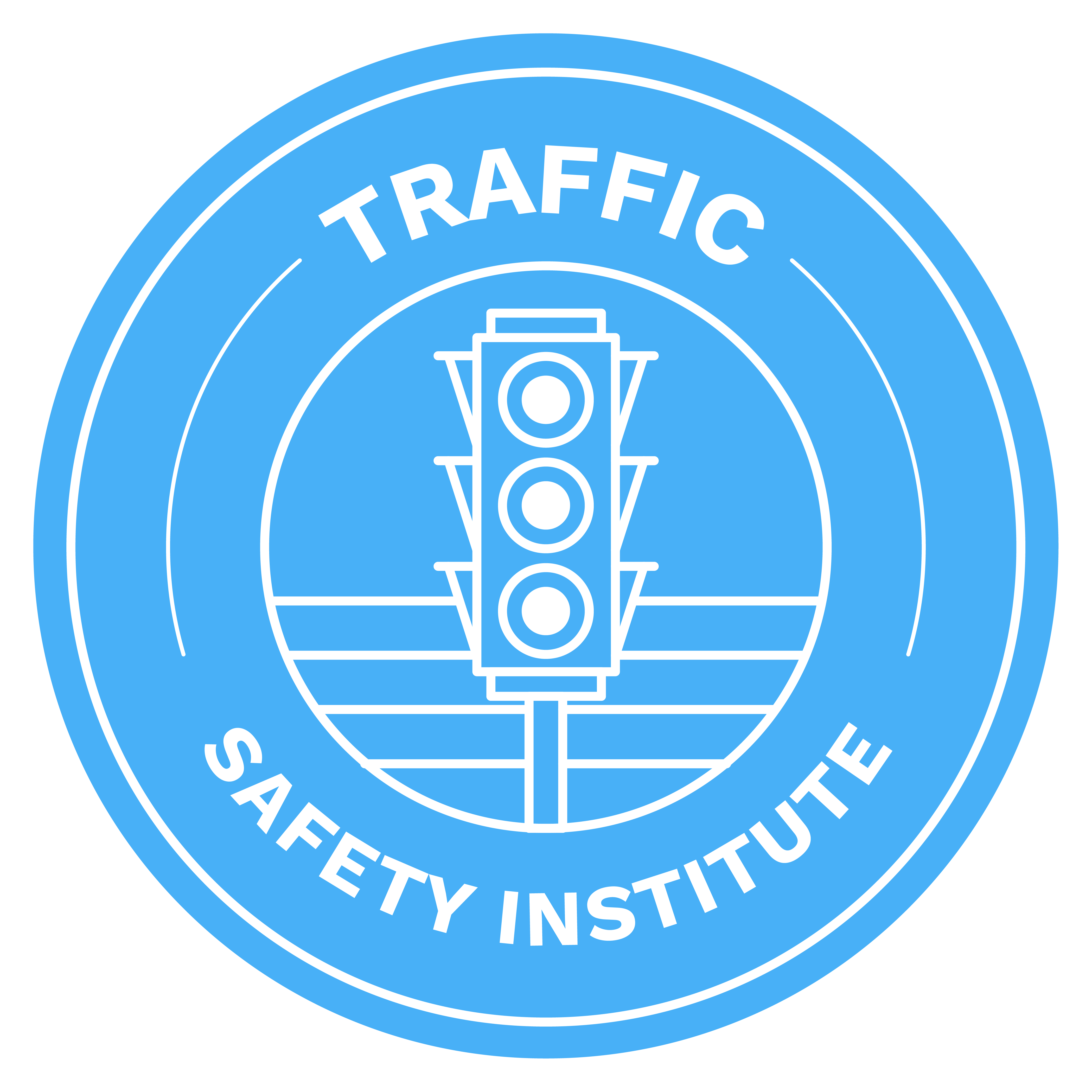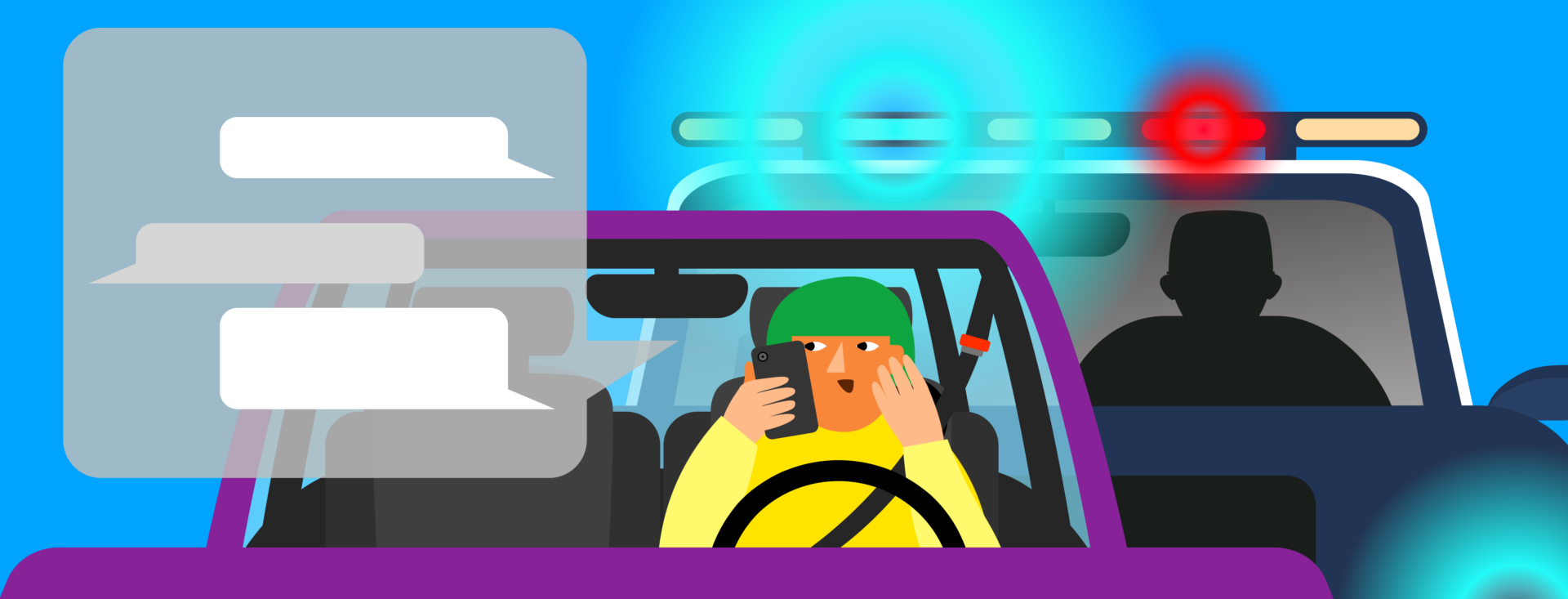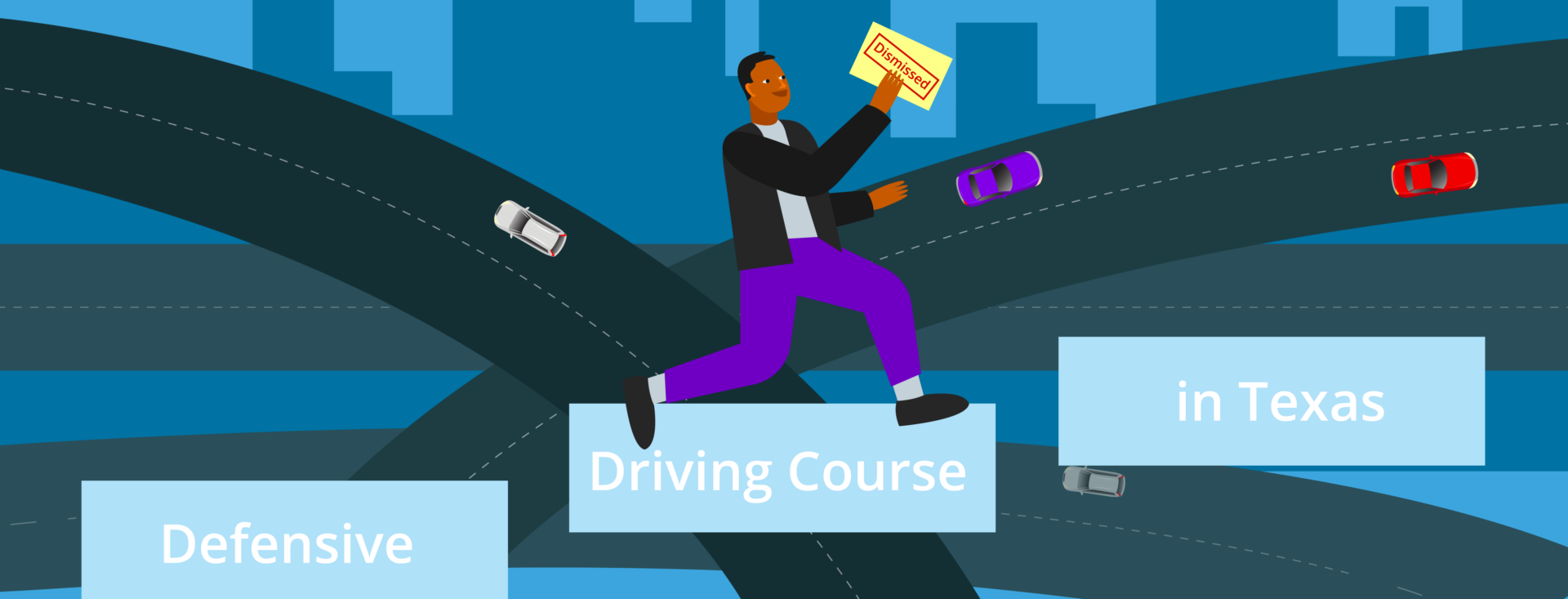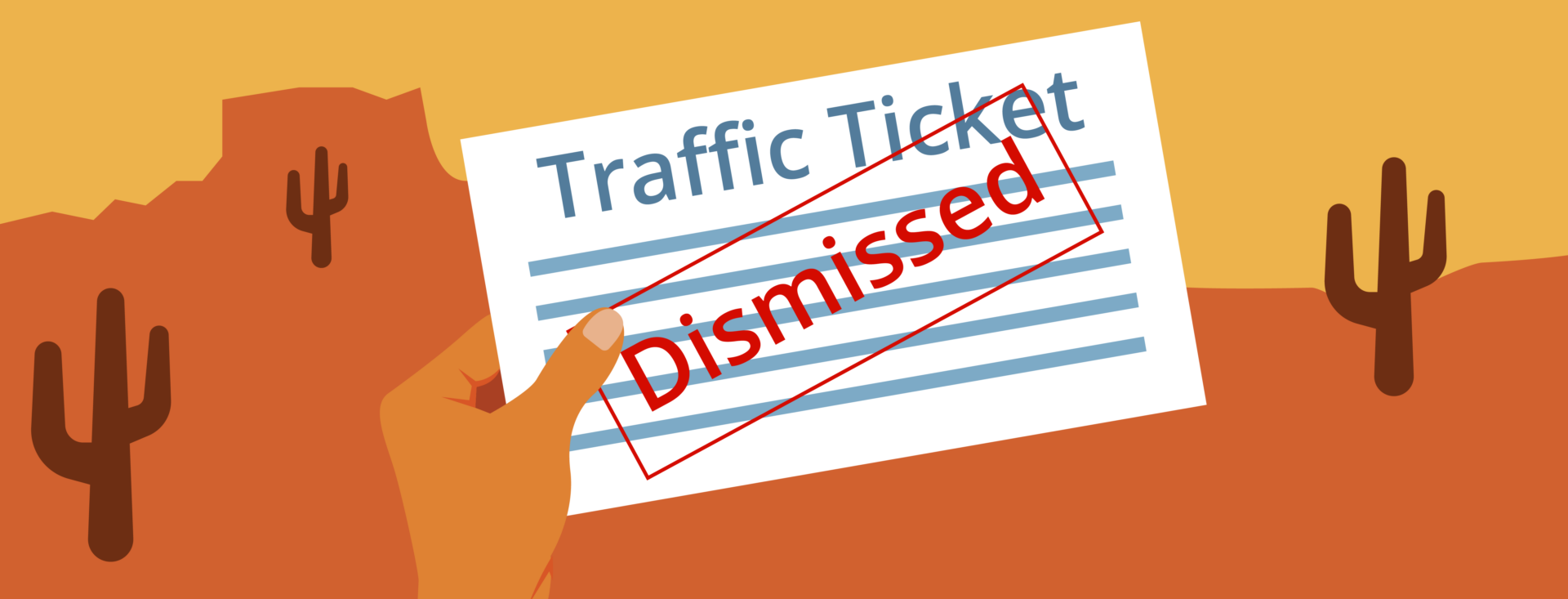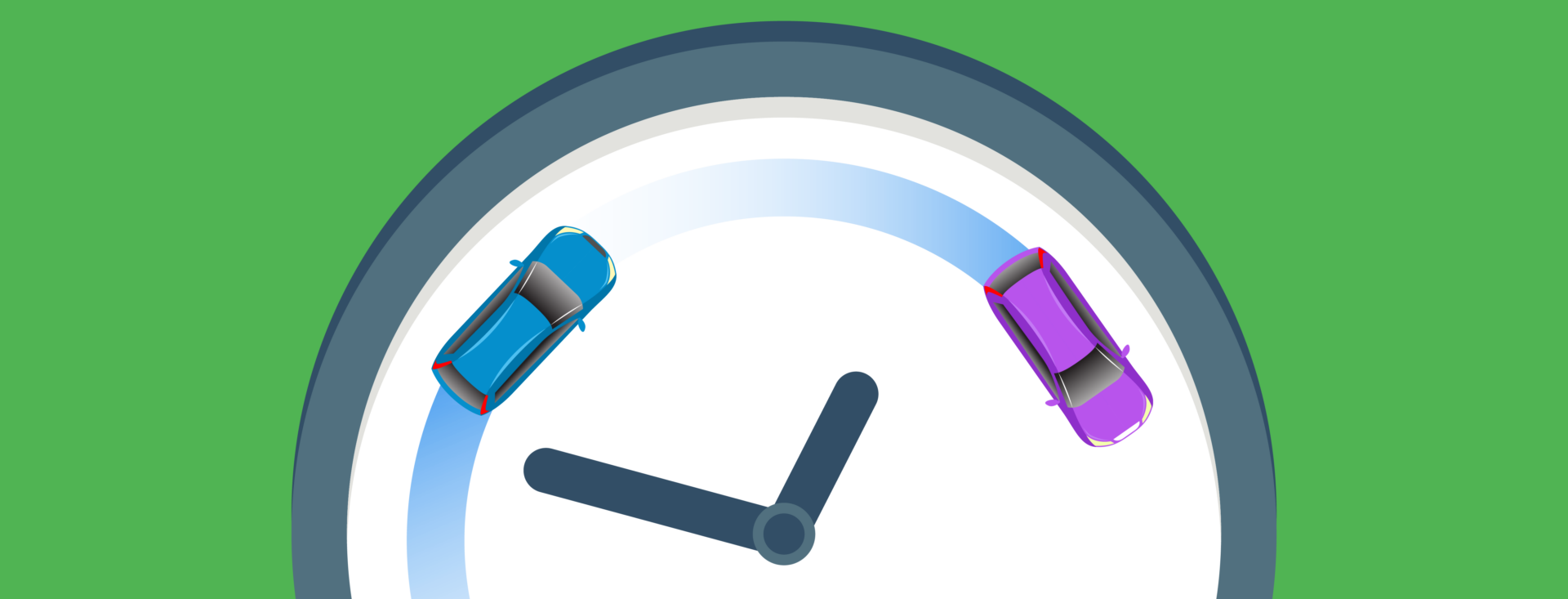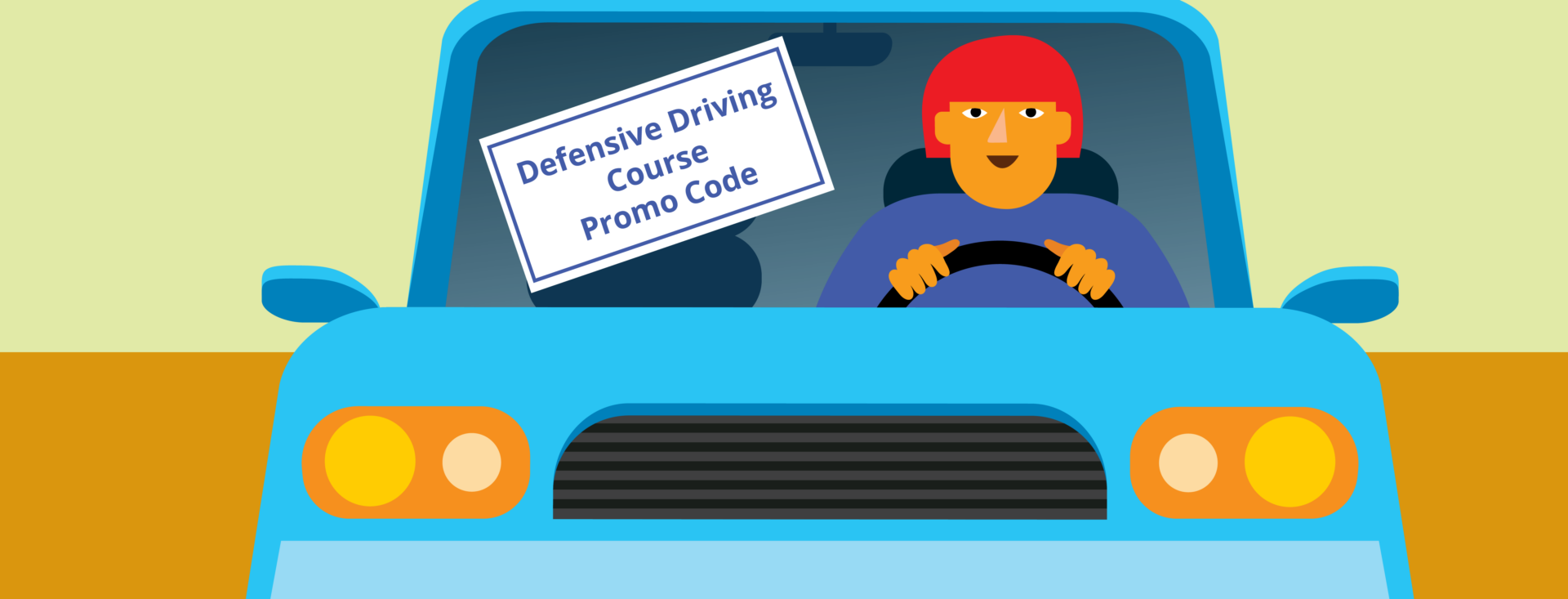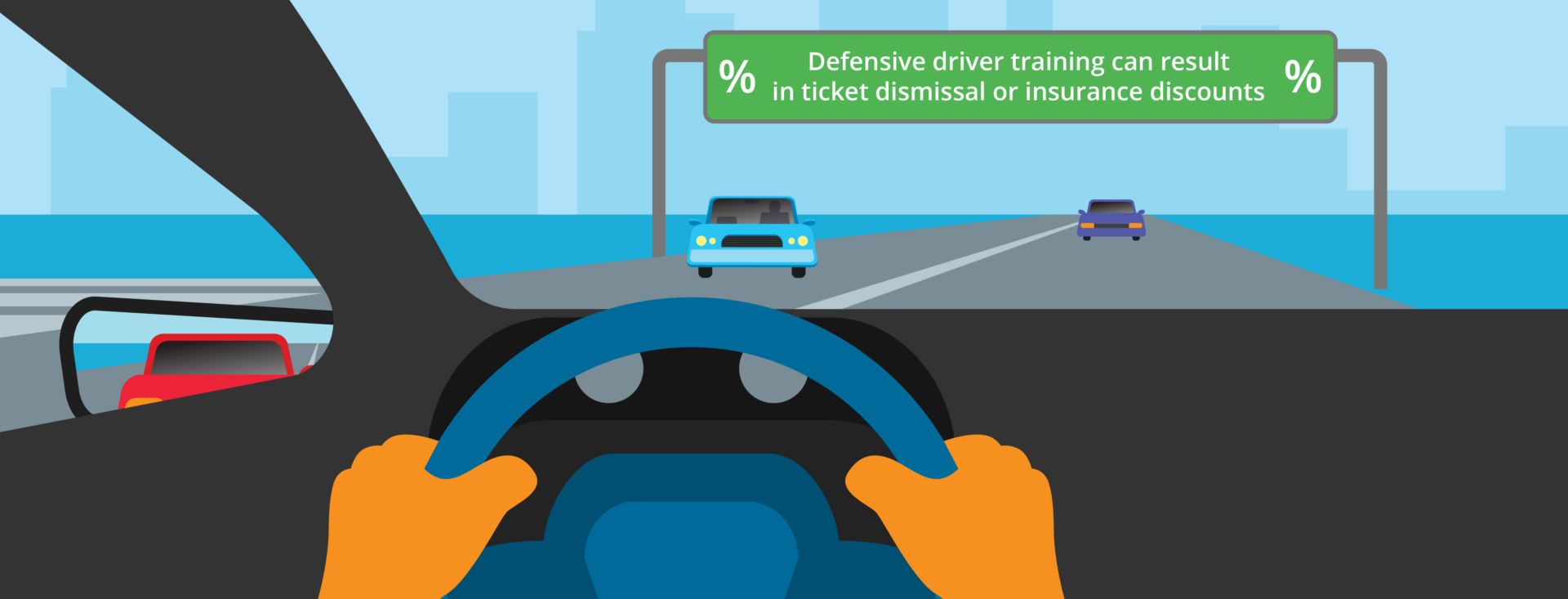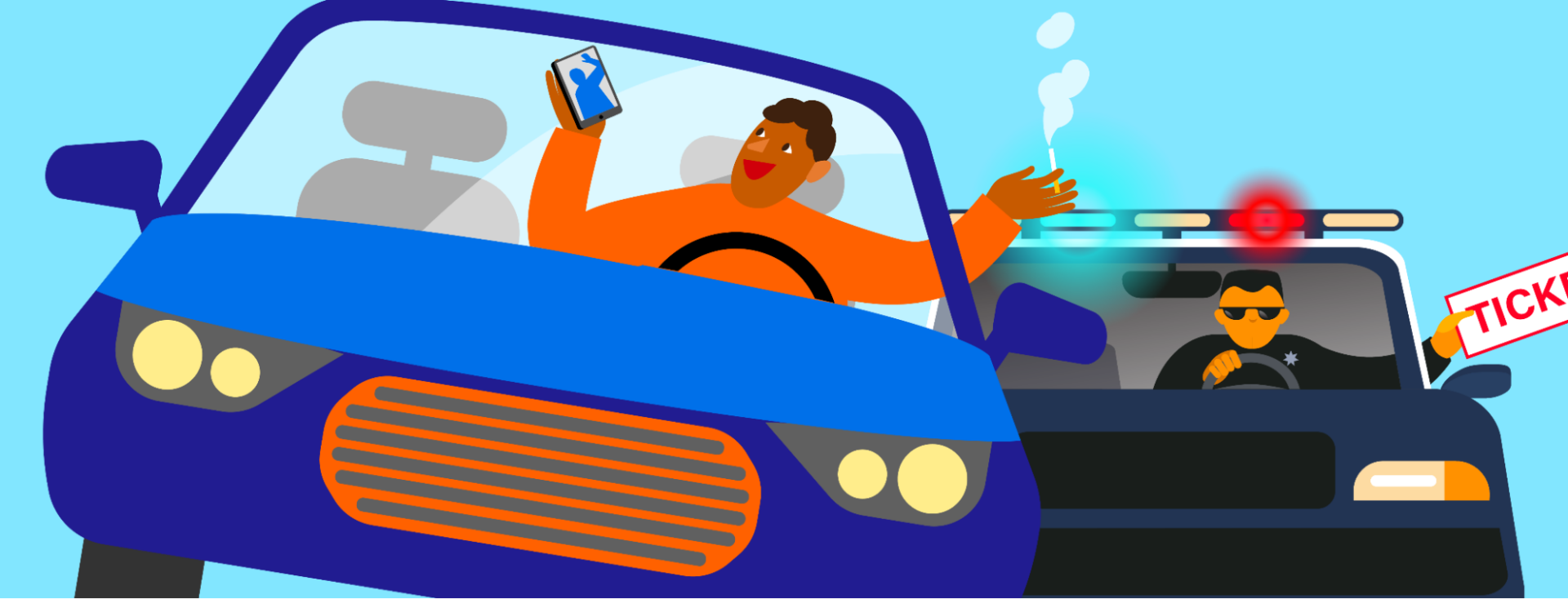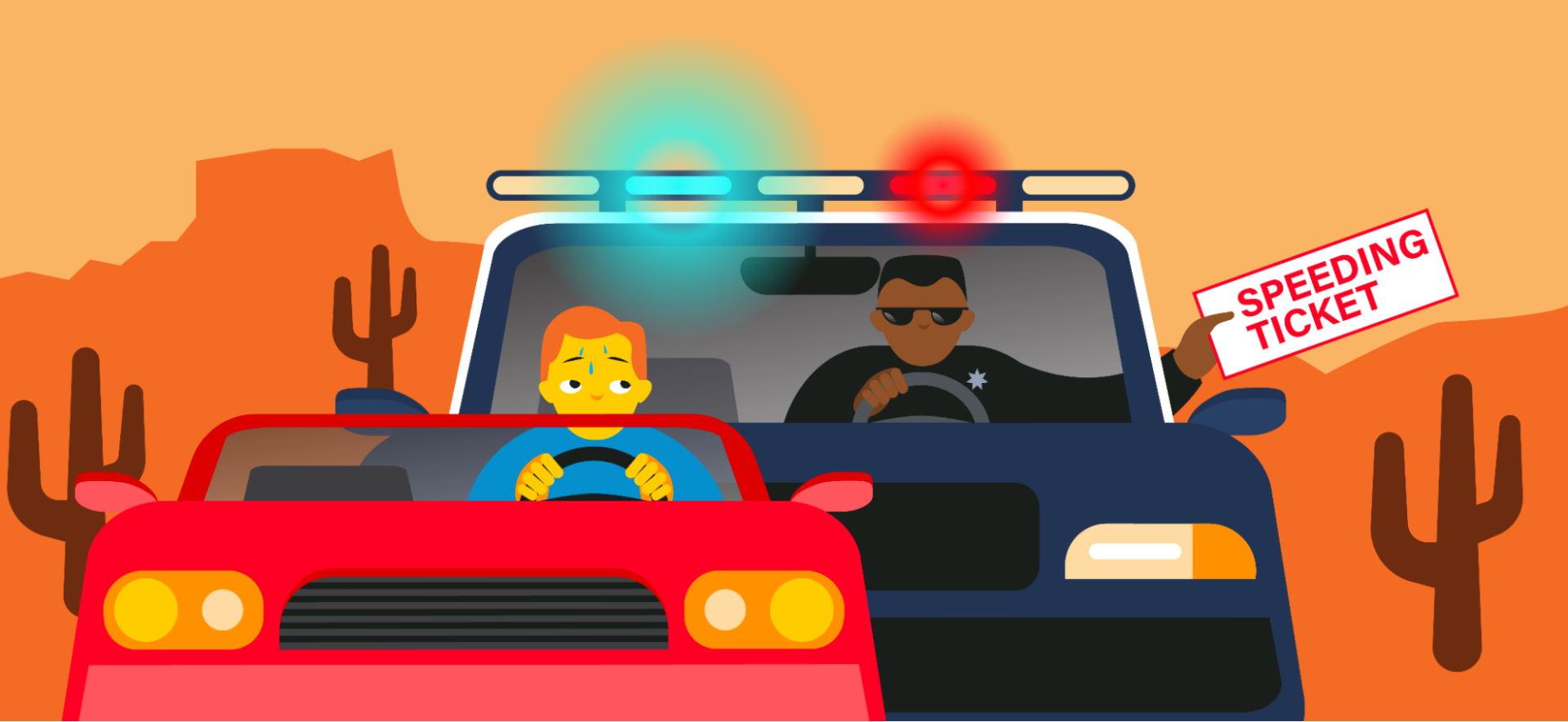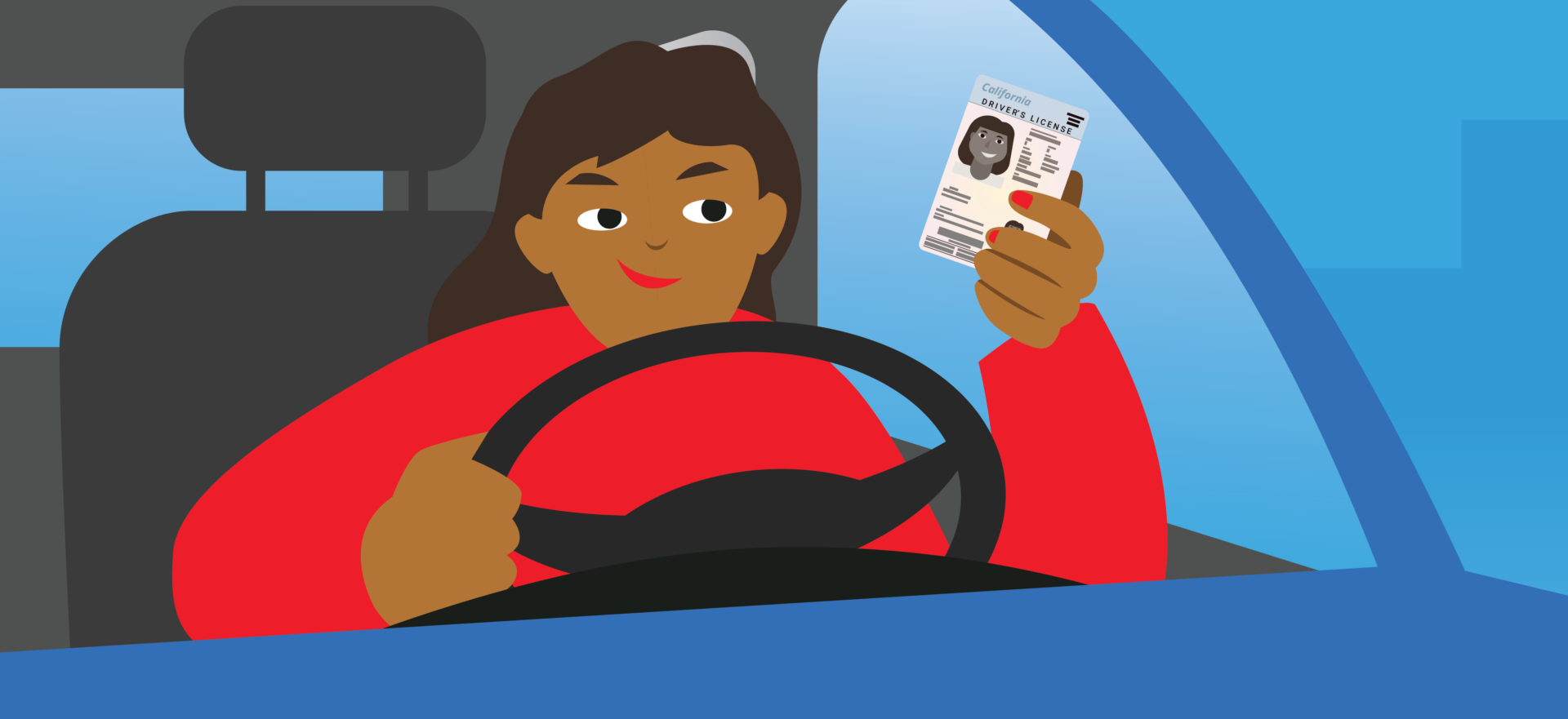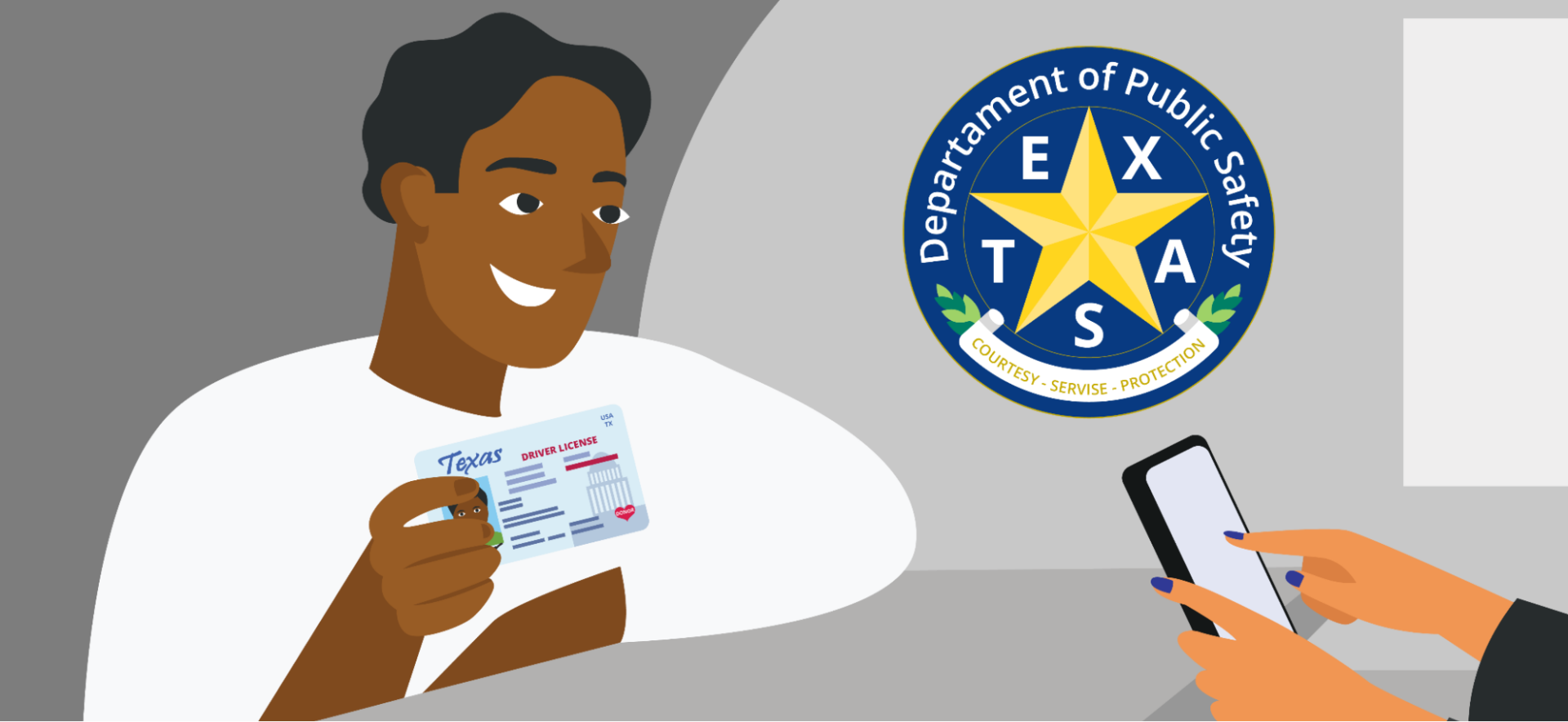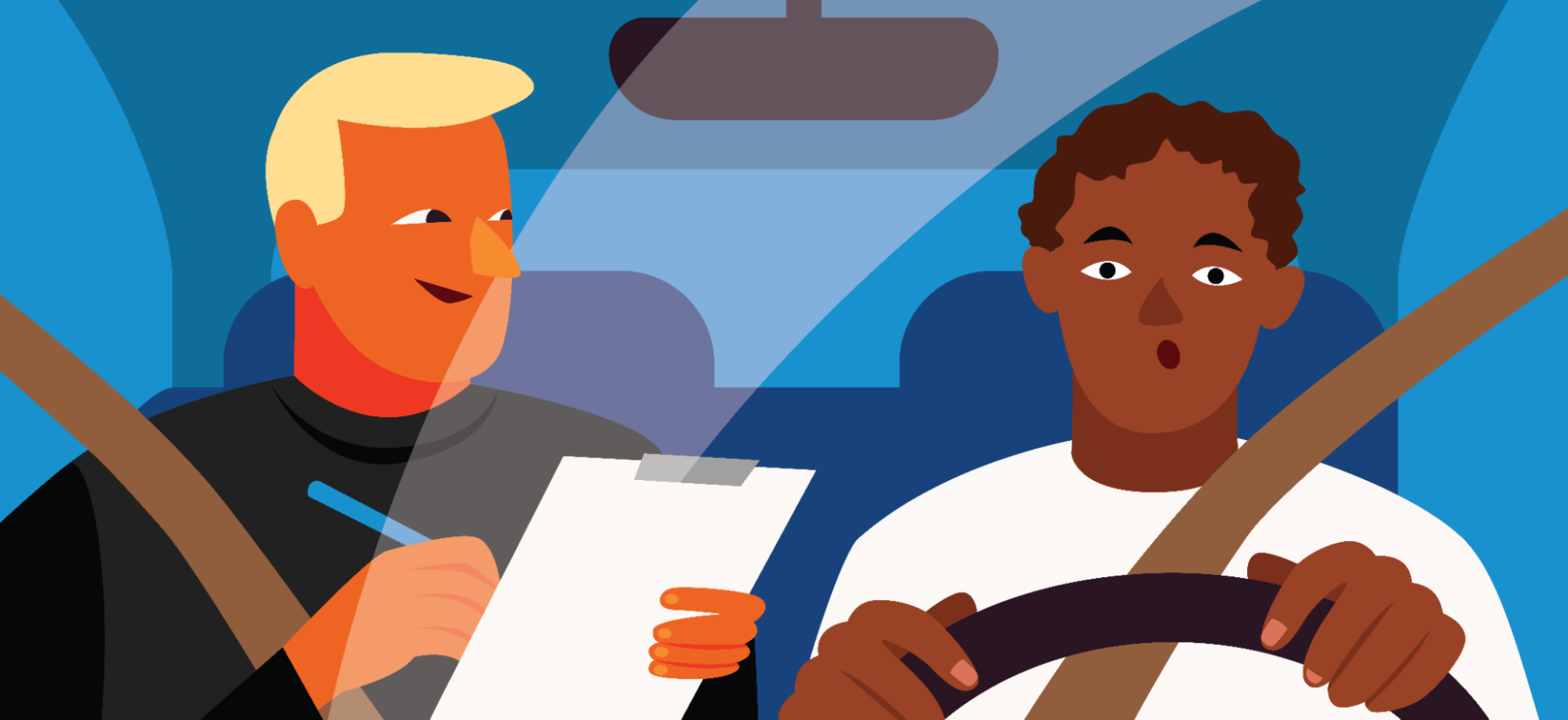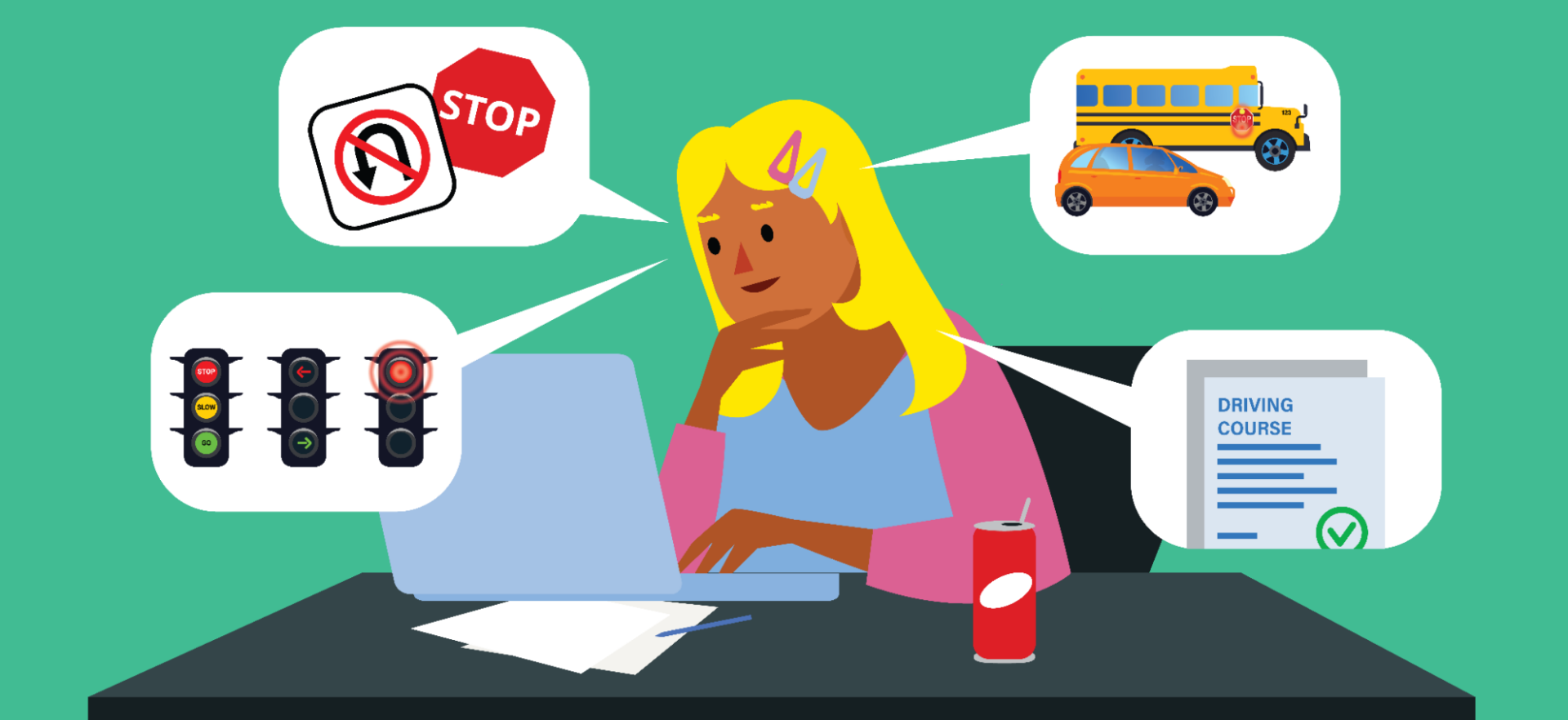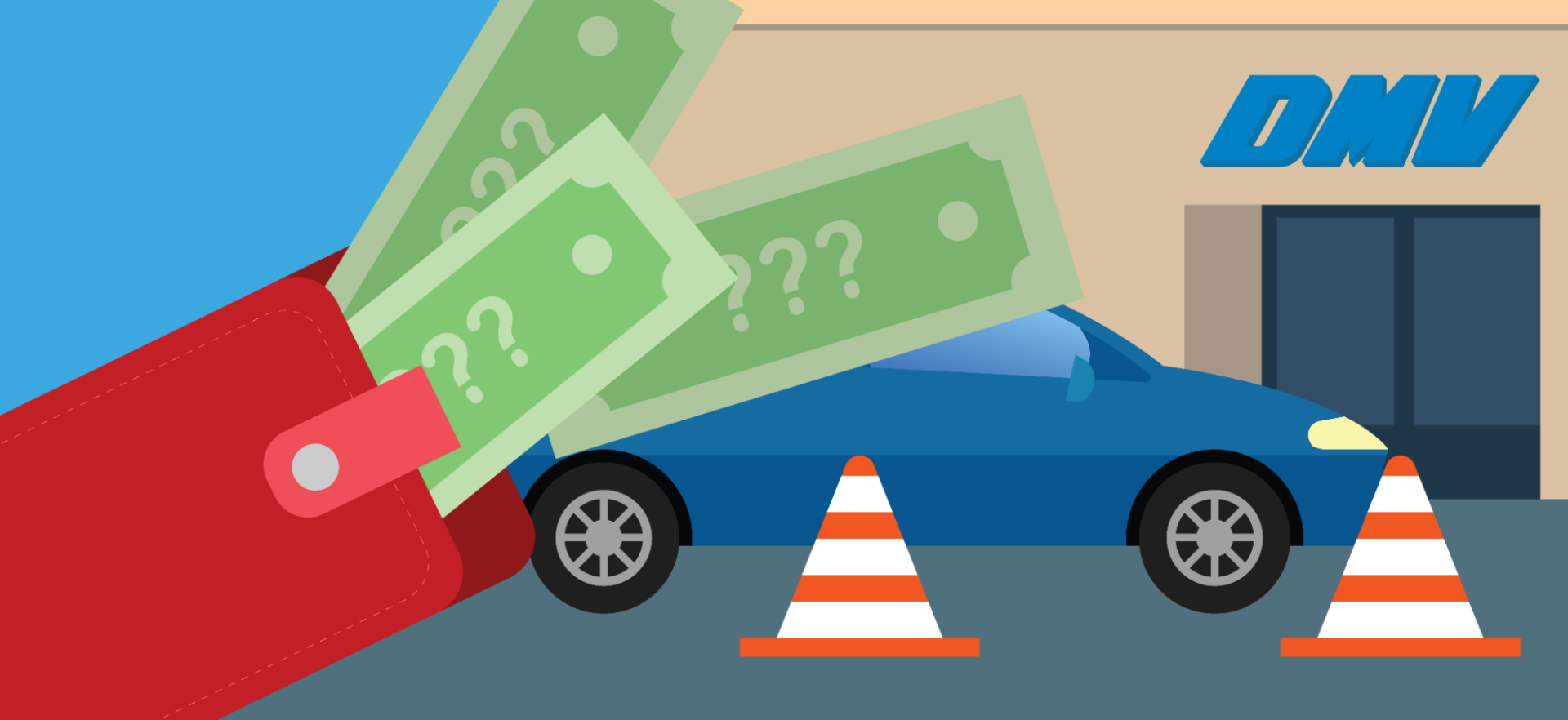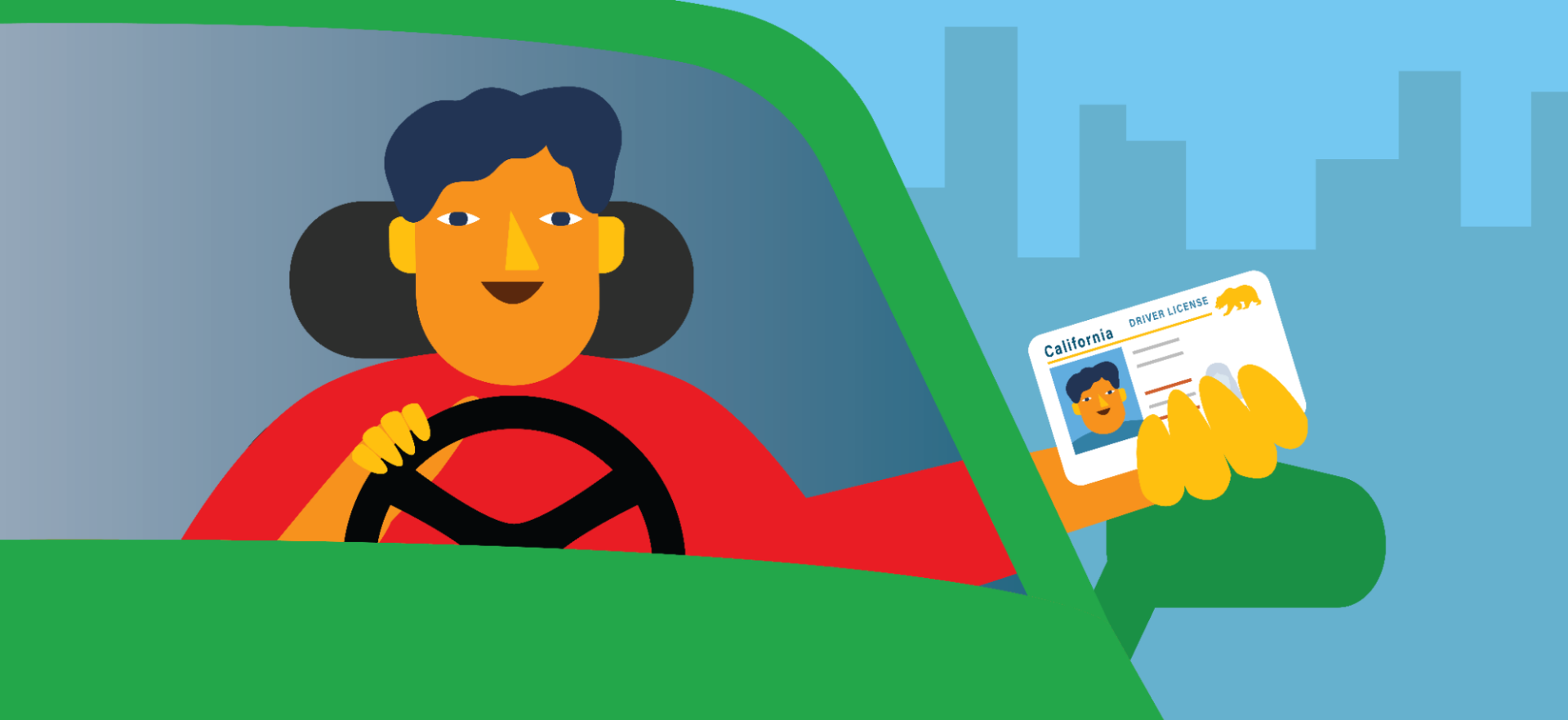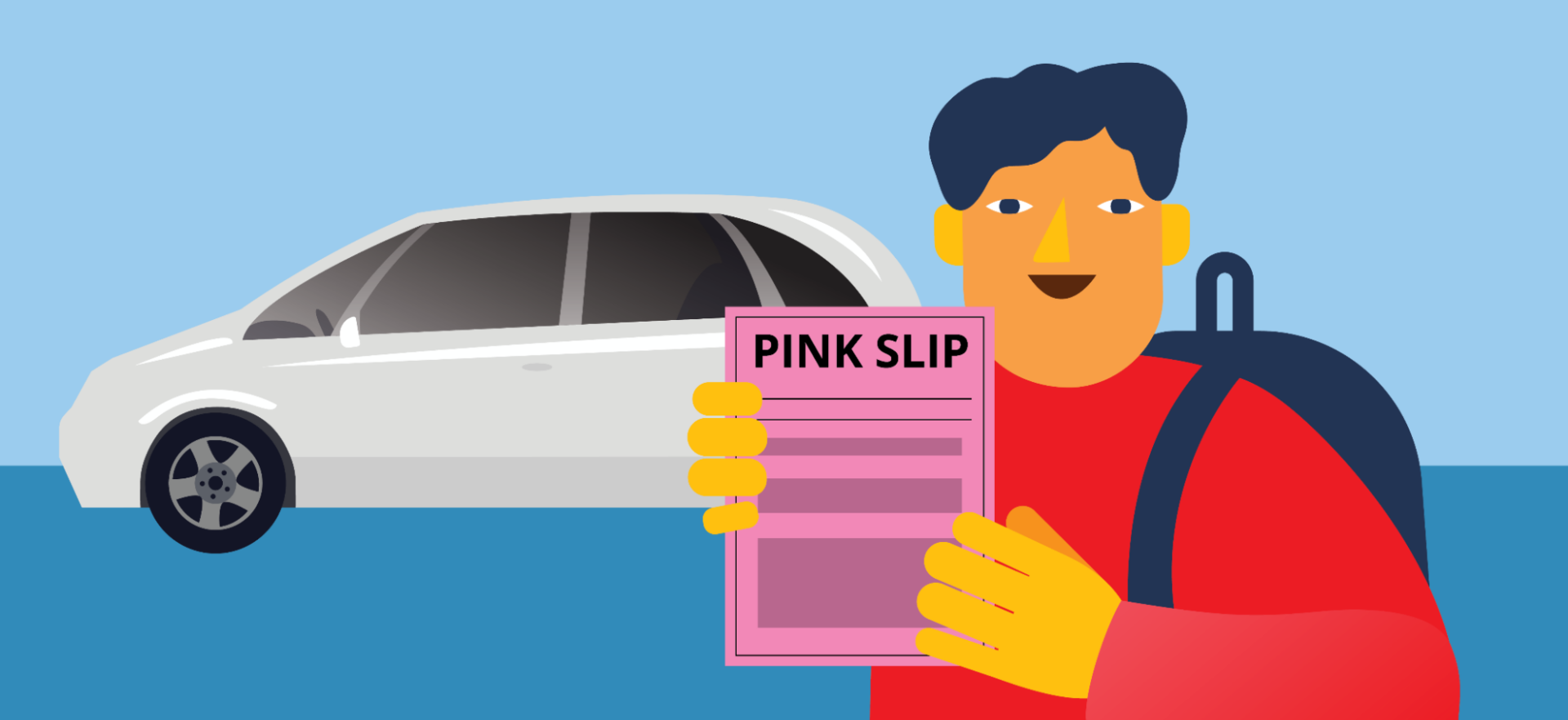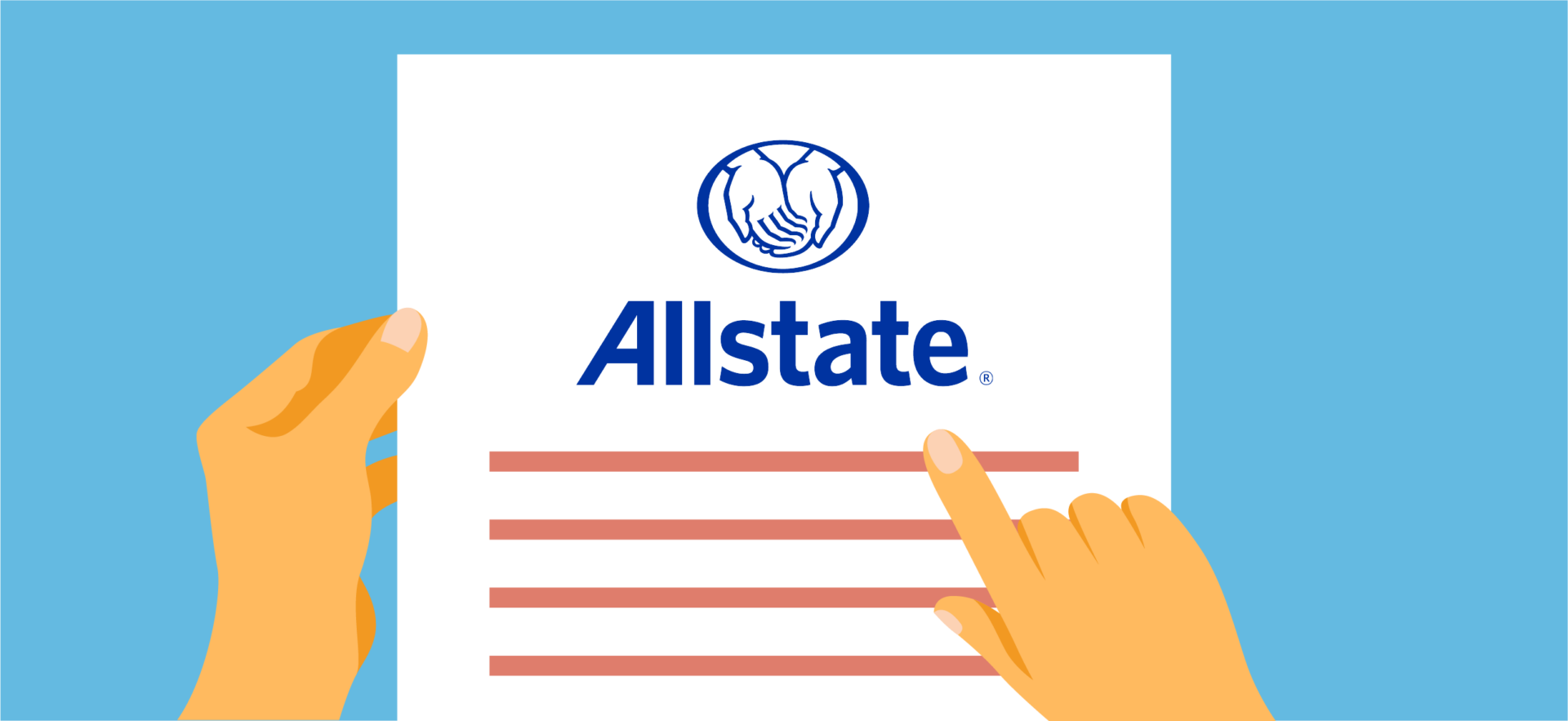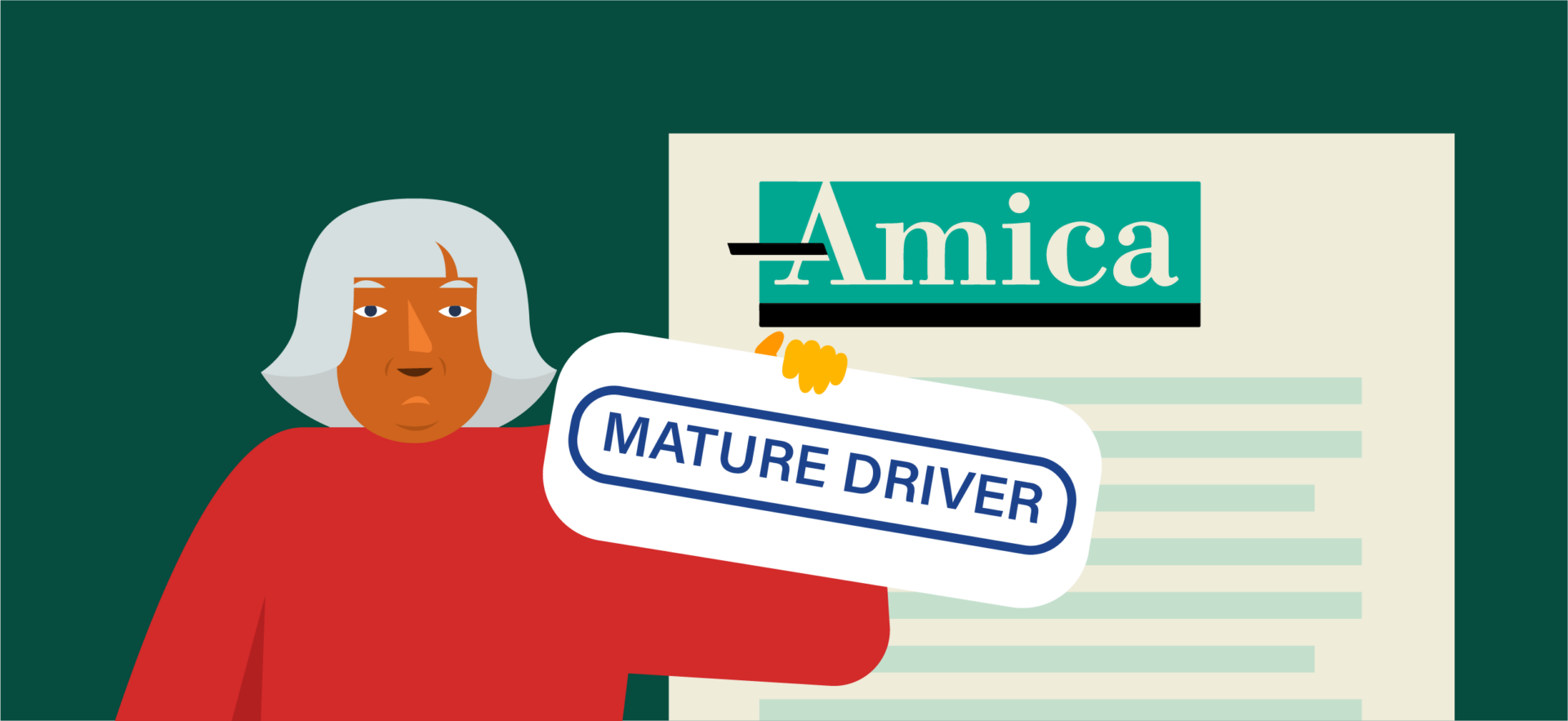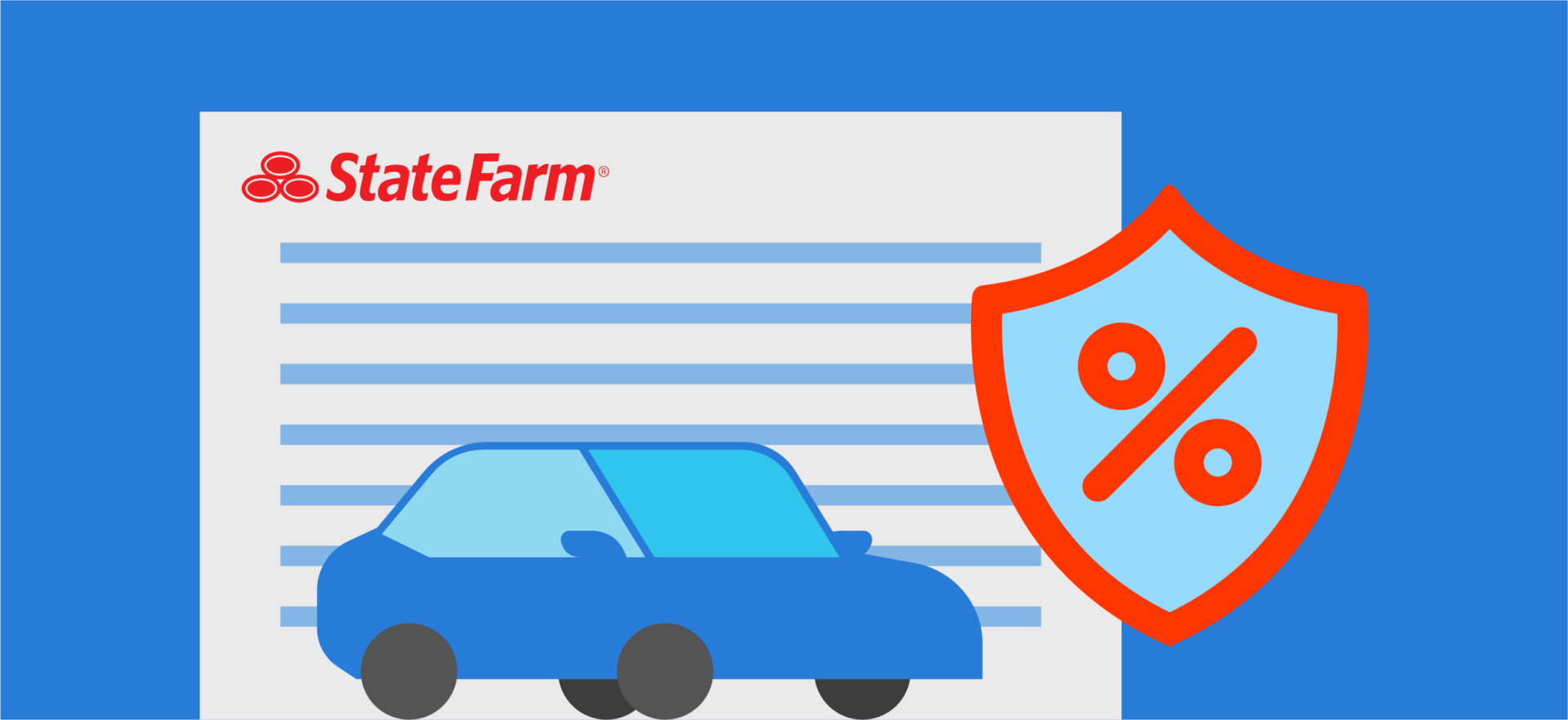In Texas, you must have a valid driver’s license with you while on the road. Otherwise, you’ll get a ticket.
But how much is a ticket for no license in Texas? Penalties depend on the nature of the charge and the county where you live. Here’s what to expect.
No Driver’s License Tickets: Types and Fines
Driving without a license in Texas carries a maximum fine of $200 for first-time offenders. Repeat offenders face more severe consequences, including:
- Second offense (within 12 months): A fine of up to $200.
- Third offense (within 12 months of the second offense): A fine of up to $500 and/or 72 hours to six months of jail time
The police may also seize your vehicle in certain circumstances. This can happen if you’re driving recklessly without a valid license.
Types of ‘No-License’ Tickets in Texas
The penalties for driving without a license vary based on the nature and severity of the charge. Per Texas law, “no-license” tickets fall into several categories:
- Driving with an expired license: This traffic violation carries a fine of up to $200 for a first-time offense. Renew your license within 20 business days or before to your first court date (whichever is later) and the judge may dismiss the charge.
- Driving while license is invalid (DWLI): If you’re caught driving with a revoked or suspended license, you’ll be charged with a Class C misdemeanor. Penalties for a first-time offense include a fine of up to $500 plus a surcharge of $250 per year for three consecutive years. Repeat offenses can result in a Class B misdemeanor charge. You’ll be fined up to $2,000, and/or receive six months of jail time.
- Driving without a license: Operating a motor vehicle without a license can lead to a fine of up to $200 for first-time violators. The penalties increase with every subsequent offense.
- Failure to present a driver’s license: If you have a valid driver’s license but lost it or left it at home, you can be fined up to $200 for a first offense. Subsequent violations will result in higher fines and, potentially, jail time.
- Driving with an out-of-state license for too long: If you move to Texas from another state, you must apply for a Texas driver’s license within 90 days of relocating. Failure to do so can result in a written warning or a fine of up to $200.
Reasons Your Driver’s License May Be Suspended or Revoked in Texas
Texas authorities may suspend or revoke your driver’s license for various reasons, including:
- Repeat offenses: The Texas Department of Public Safety (DPS) can suspend your license for 30, 60, or 90 days. This happens if you commit 4+ moving violations within one year or 7+ moving violations within two years. The rules are even harsher for drivers under 21, who can have their driving privileges suspended for 30, 60, or 180 days following a conviction for alcohol use.
- DUIs and other serious violations: Certain offenses like DUIs, failure to stop and render aid, or causing a fatal accident can result in an automatic license suspension. You can even lose your license for offenses unrelated to driving, like using a fake ID or evading arrest.
- Failure to undergo medical tests: The DPS can revoke or suspend your license if you have a health condition and fail to undergo the examinations required by the Medical Advisory Board.
- Certain health conditions: Texas residents with severe mental or physical conditions may have their driving privileges revoked. For example, you may lose your right to operate a vehicle if you have dementia, Parkinson’s disease, narcolepsy, or epileptic seizures.
- Unpaid court fines: Your driver’s license could be revoked if you have unpaid court fines or fail to appear in court.
- Refusal of certain tests: You may also lose your license if you refuse to take a drug test, breathalyzer test, or blood alcohol test after being pulled over or arrested for a DUI.
There are hundreds of reasons you could get your driver’s license revoked or suspended, and some have nothing to do with your behavior on the road. For a complete list, see this document published by the DPS.
Reasons You Can Be Denied a Driver’s License in Texas
In some cases, the Texas DPS may refuse to issue or renew a driver’s license. Let’s see a few examples:
- You’re behind on child support.
- You have severe mental or physical impairments.
- You committed a drug-related offense.
- You have a history of substance abuse.
- You’re underage and don’t have parental consent to apply for a license.
- You have been repeatedly convicted of traffic offenses.
How to Get a Driver’s License in Texas
How easy it will be for you to apply for a driver’s license in Texas depends on your age, residency status, and city or county. For example, the DPS offices in larger cities have long wait times, making it difficult to make a DPS appointment.
First, make sure you’re eligible for a Texas driver’s license and use the Real ID Document Check App for step-by-step instructions on how to apply. If you meet the eligibility criteria, prepare the following prior to your DPS appointment:
- Proof of identity (e.g., a Texas ID card or U.S. Certificate of Citizenship)
- Proof of U.S. citizenship (e.g., a valid passport or permanent resident card)
- Proof of Texas residency (e.g., a lease contract or utility bill)
- Proof of vehicle registration (if you own a vehicle)
- Proof of auto insurance or a statement affirming you don’t own a car
- Your Social Security Number (SSN)
- Driver Education Certificate (required only for applicants ages 18 to 24)
- Impact Texas Driver (ITD) certificate
- Driver’s license application form (DL-14A), completed and signed
Pay the application fee and then visit a DPS office to have your photo taken, provide your signature and thumbprint, and undergo a vision test. You may also need to take a knowledge exam and/or road test.
If you lost your Texas driver’s license, skip the above steps and apply for a new license online. You can also submit your application in person or by mail.
Once these steps have been completed, expect to receive your driver’s license by mail within two to three weeks. In the meantime, you may use the temporary license issued by the DPS during your appointment. This document is valid for 60 days.
Take Defensive Driving Classes to Avoid License Suspension
Taking a Texas defensive driving course can help you dismiss a ticket or lower your car insurance premiums. These courses are six hours long and can be completed online or in person.
Defensive driving classes can prevent moving violations from accumulating on your record and raising your insurance rates. (There are lots of other benefits to taking defensive driving courses as well.)
You can take defensive driving course in Texas if:
- You’re charged with a minor traffic infraction.
- You haven’t taken defensive driving for ticket dismissal in the past 12 months.
- You take a TDLR defensive driving course.
- You complete the course within 90 days of the court’s order.
Our self-paced defensive driving course is licensed by the TDLR and accepted by all Texas courts. It works on all devices, including smartphones, and comes with all sorts of perks:
✅ User-friendly interface
✅ Easy-to-follow learning materials
✅ Free audio read-along
✅ Unlimited course retakes
✅ Instant electronic certificate
✅ 24/7 live chat support
✅ Our “Don’t Pay Until You Pass” guarantee
You can complete the course in one sitting or take as much time as you need. When you’re done, we’ll issue and submit your certificate of completion to the Texas DPS. Our course is valid in all Texas counties, including Harris, Dallas, Tarrant, and Bexar counties.
Our flat fee of only $31 covers everything you need to successfully finish the course. (Make sure you also use our defensive driving course promo code for extra savings.)
Ready to give it a try? Start driver safety school for FREE to see what we have to offer!
FAQs about ‘No-License’ Tickets in Texas
Is there anything else you want to know about driving without a license in the Texas? Here are the answers to some frequently asked questions.
How many tickets does it take to lose your license in Texas?
You can lose your license if you commit four or more traffic offenses within one year or seven or more violations within two years. More serious charges, such as driving under the influence, can lead to an automatic license suspension.
How many Texans drive without a license?
There’s no official data on the number of Texans who drive without a license. However, one study found that 24% of drivers involved in fatal crashes between 2017 and 2021 didn’t have a valid license.
This figure puts Texas at the top of the list of U.S. states with deadly accidents involving unlicensed drivers. At the opposite end is New Hampshire. In that state, less than 6% of drivers involved in fatal crashes were driving without a license.
How long can I drive with an expired license in Texas?
In Texas, there is no grace period for driving with an expired license. Once this document has expired, you have two years to file for renewal. You’re not allowed to drive during this time.
If you wait longer than two years, you’ll need to apply for a new driver’s license. This means you’ll have to resubmit your application, take the knowledge and skills tests, and undergo a vision examination, among other requirements.
